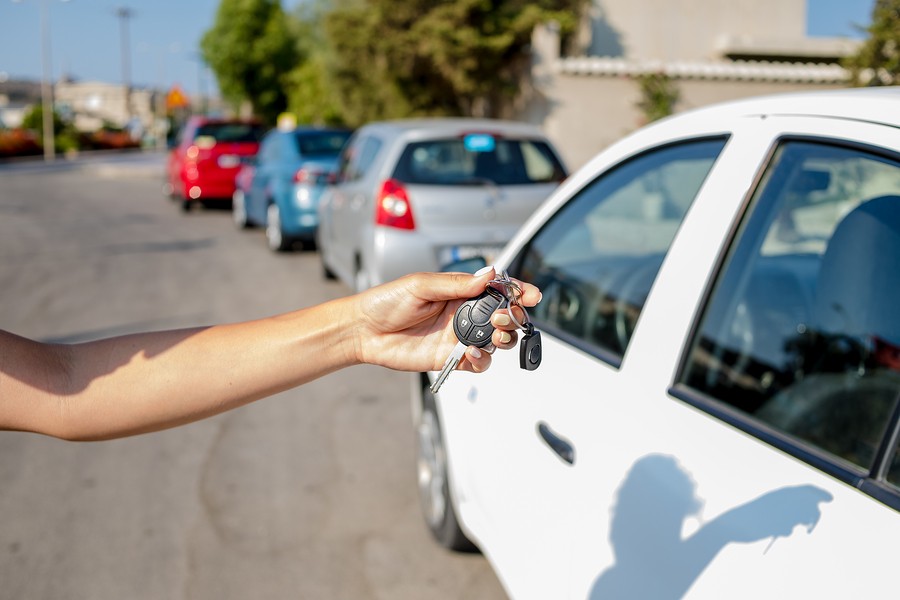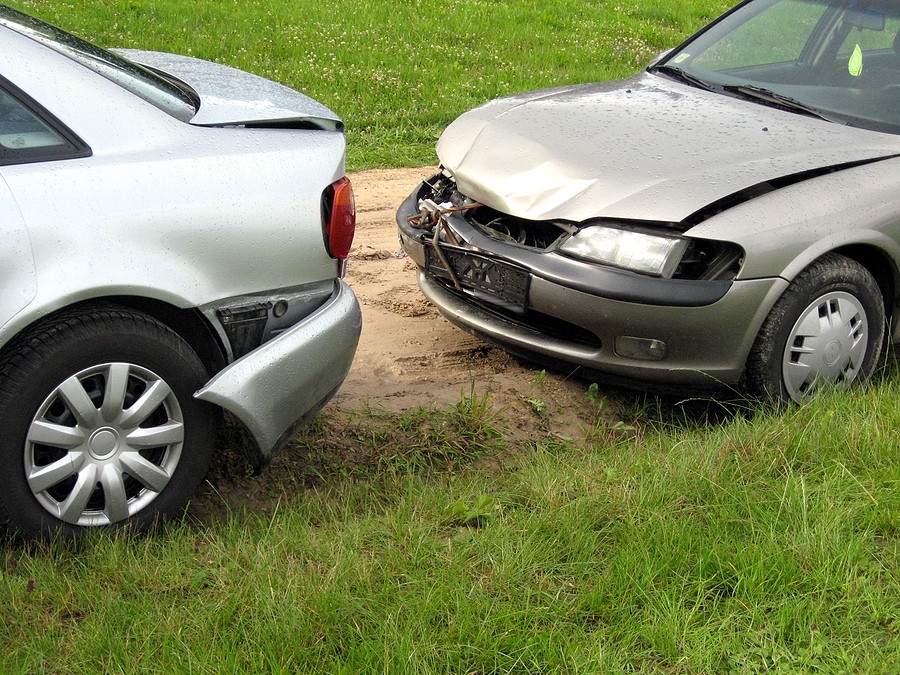So, you somehow got a hold of a car with a salvage title? Are you saying that you now own a car that's been in a bad accident? Maybe it's been rebuilt? Are you wondering how to insure a salvage car?
OK, let's see what we can do to help. But first, you should know that there are good reasons why it's hard to get salvaged car insurance. We're assuming you've explored other options, such as selling your salvage title car for cash. Correct?
In this article, we'll discuss the options you might have for insuring a salvage title car. There will be some bumps along the way—so be prepared!

What Is a Salvage Title? What Does It Mean?
A salvage title indicates that a car has undergone some serious damage. It doesn't say what kind of serious damage (without your doing some research). Nor does it say what, if anything, has been done to restore the car.
Cars with salvage titles can be inexpensive options for someone on a budget, but you do need to know something about the specific car—and about cars generally.
What Besides an Accident Would Make a Car a “Salvage”?
There are other kinds of damage besides accidents that would cause a car to be labeled “salvaged.” These vary from state to state in the U.S. Typically, though, a non-accident salvaged car would fit one of the following categories:
- Flood damage: Some states will specifically identify flood damage on a car's title, but other states simply use the term “salvage title.”
- Hail damage: Similar to flood cars, the titles of vehicles damaged by hail might be given a salvage title if the state doesn't designate hail specifically.
- Theft recovery: If a vehicle has been stolen and has been gone for some time, the insurance company will pay the owner for it. If the vehicle is ever found, the insurance company may sell it to a salvage business.
- Vandalism: If a vehicle was deliberately damaged due to malicious behavior, and that caused enough damage, the car could get a salvage title. States do not specify “vandalism on the title, though.
Even though cars in these situations are considered salvage cars, they are not as hard to insure as other types of salvage cars—specifically, those that have undergone serious damage.

Is It Possible to Insure Salvage Cars?
Can you insure a car with a salvage title? The answer is yes, no, and maybe.
As you just read, some salvage title cars aren't hard to insure. Others are virtually impossible to insure, though. Still others can be insured in some cases—but usually for a steep cost. We'll discuss these different situations in the following paragraphs.
“Non-Repairable,” “Junk,” or “Salvage” Cars
A “non-repairable,” “junk,” or “salvage” title means the vehicle is in such poor condition that most states won't allow it to be repaired or even driven. Usually, such a car must either be sold to a scrap yard for parts or destroyed.
While this case is handled differently depending on which state you and/or the car are in, a non-repairable car label can cause major problems with insurance (i.e., likely being declined) where other labels might be more negotiable.

A Car with a “Rebuilt” Title
This is a different case from the one just discussed, but don't expect it to be without challenges. A car with a “rebuilt” title has been branded to alert any future buyers that it was seriously damaged at some point.
Sometimes salvage companies or other experienced auto mechanics will notice that a particular car with a salvage title has some potential for refurbishing. They'll locate and prep replacement parts for any that have been irreparably damaged.
They may then have the brand on the title changed from “salvage” to “rebuilt,” with the hope of either driving it themselves or selling it so someone else to drive. But will the necessary insurance break the bank?
According to a representative of the Insurance Information Institute (III), you will probably be able to get liability insurance for a salvage-title car that has been rebuilt or thoroughly repaired and has passed inspection. This is mandatory in most places.
It will cost more, though, since a salvage car is understood to be a greater risk. An insurance company can't be certain the vehicle is as safe as one with a clean title.
Getting collision coverage is likely to be much harder. insurance companies don't want to determine what parts might or might not have been repaired or replaced.
They don't want to risk having to pay for a lingering problem or defect. Plus, in most states, insurance will pay only 80% of the value for a totaled salvage car anyway.
Most insurers don't offer comprehensive insurance on salvage cars. But you should shop around for this as part of an insurance package.
Many insurers won't cover a rebuilt car at all, but there is enough competition that you should be able to find something to meet your needs. It seems that people have had some widely varying experiences with this.
Getting a Loan for a Rebuilt Car
We should point out here as well that it's at least as difficult to get a loan for a rebuilt salvage car for all the reasons just discussed.
Because any entity that would lend you money for a car would require comprehensive insurance, your inability to get this type of insurance for a salvage-title car probably means needing to use cash for the purchase.

What More Is There to Salvage?
There are some key takeaways from this article about how to insure salvage cars. Here they are:
- There are some types of salvage title cars that are merely labeled as such and are not all that hard to insure.
- It is all but impossible to drive a car with a “salvage,” “junk,” or “non-repairable” title.
- You should find a way to convert the title so that it's branded as a “rebuilt” car. These are not easy to insure, but at least it's possible in most cases.
- You should shop around for insurance until you find a package that meets your needs.
Have we answered all your questions and addressed any concerns you might have about how to insure a salvage car?
Let us know if you have a junk car you're interested in selling. We're always on the lookout for those!




